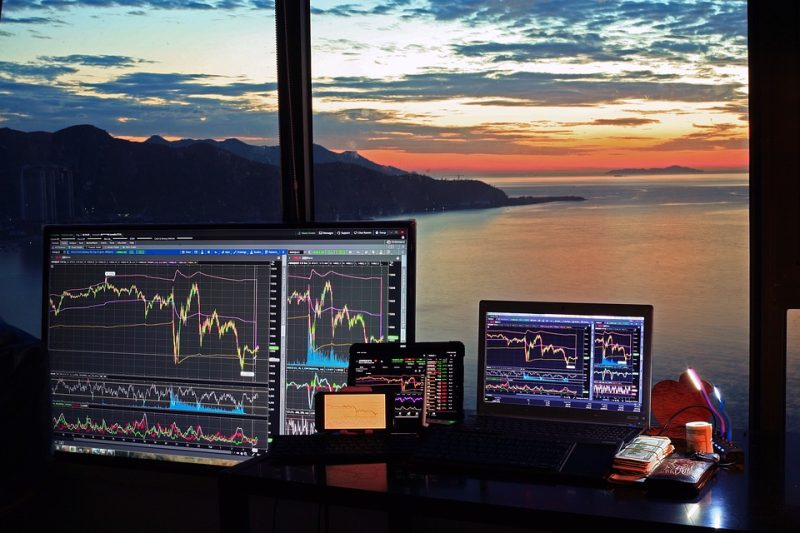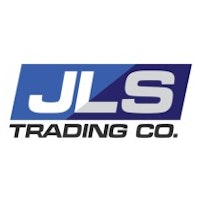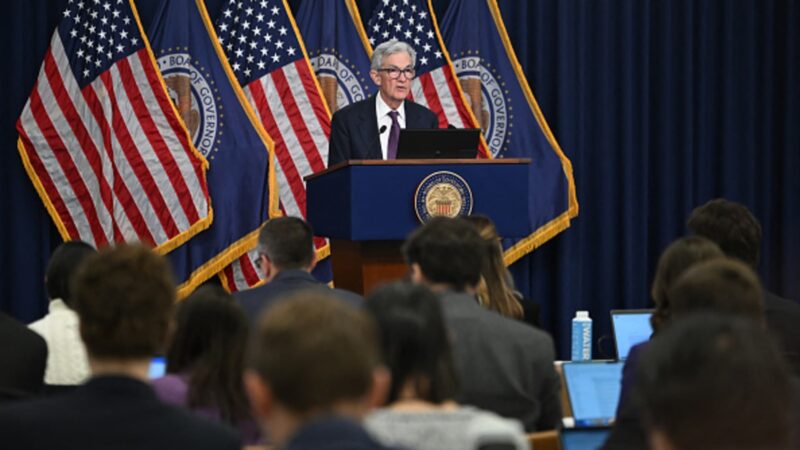
One of the most significant advancements in trading technology is the rise of algorithmic trading, also known as automated trading or high-frequency trading. This technology allows traders to execute orders at lightning speed, using complex algorithms to analyze market data and make split-second decisions. This has led to a dramatic increase in the volume of trades being made, with some estimates suggesting that upwards of 80% of all trades are now executed through algorithmic trading.
Another technological innovation that is transforming the trading industry is blockchain technology. Originally developed as the underlying technology behind cryptocurrencies like Bitcoin, blockchain technology has the potential to revolutionize the way trades are settled and cleared. By creating a decentralized, tamper-proof ledger of all transactions, blockchain technology could eliminate the need for intermediaries like clearinghouses and reduce the risk of fraud and manipulation.
Artificial intelligence and machine learning are also playing a significant role in shaping the future of trading. These technologies can analyze vast amounts of data in real time, helping traders identify trends and make more informed decisions. By using AI-powered algorithms, traders can automate tasks like risk management, portfolio optimization, and trade execution, freeing up time to focus on more strategic aspects of their trading strategies.
The advent of mobile trading apps has also made it easier than ever for retail investors to participate in the trading market. With the ability to trade from anywhere, at any time, using just a smartphone or tablet, individual investors now have access to the same tools and resources that were once only available to professional traders.
Despite the many benefits that technology has brought to the trading industry, there are also potential risks and challenges that need to be addressed. As trading becomes increasingly automated and reliant on algorithms, there is a growing concern about the potential for market manipulation and systemic risks. Regulators are struggling to keep pace with the rapid evolution of trading technology, leading to calls for more stringent oversight and regulation.
In conclusion, the future of trading is being shaped by technology in ways that are both exciting and challenging. As new advancements continue to emerge, traders will need to adapt and evolve to stay ahead of the curve. By embracing innovation and leveraging the power of technology, traders can unlock new opportunities and drive greater efficiency and transparency in the trading industry.





